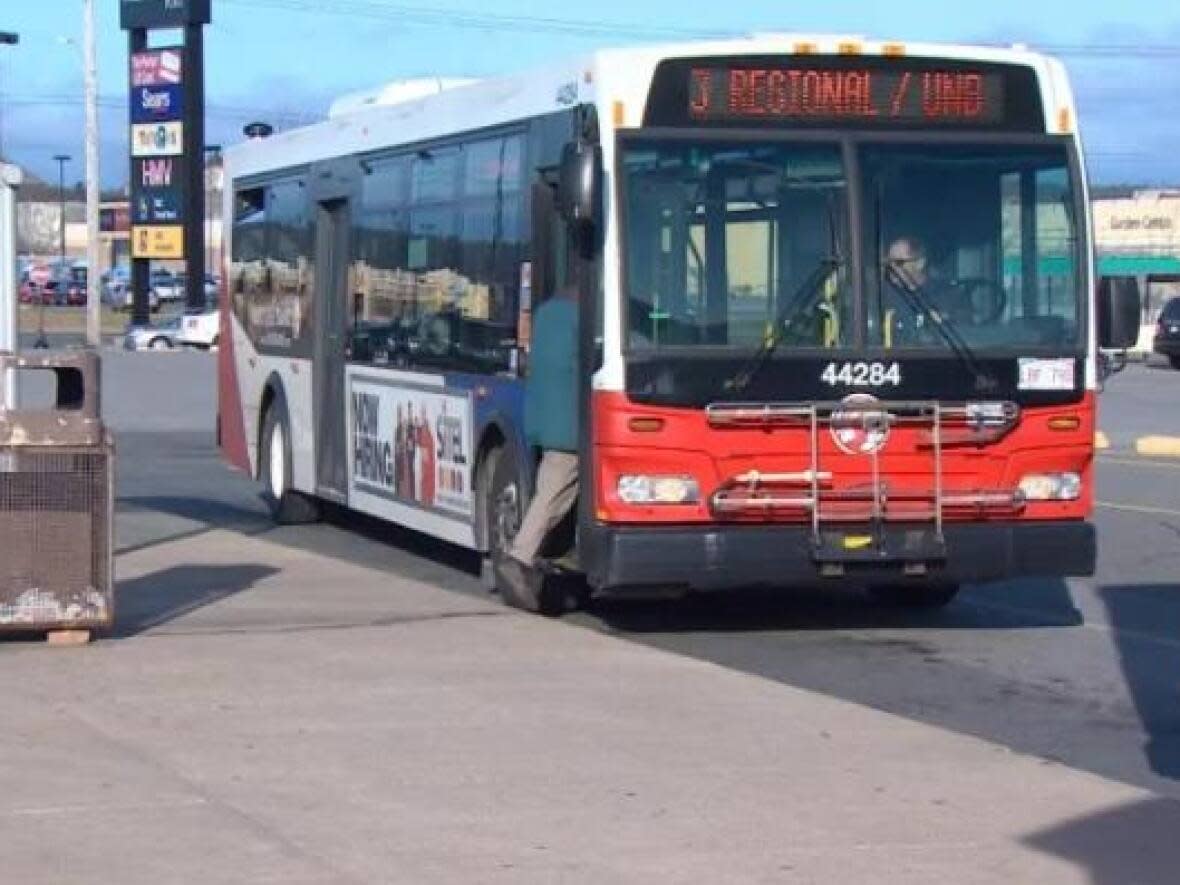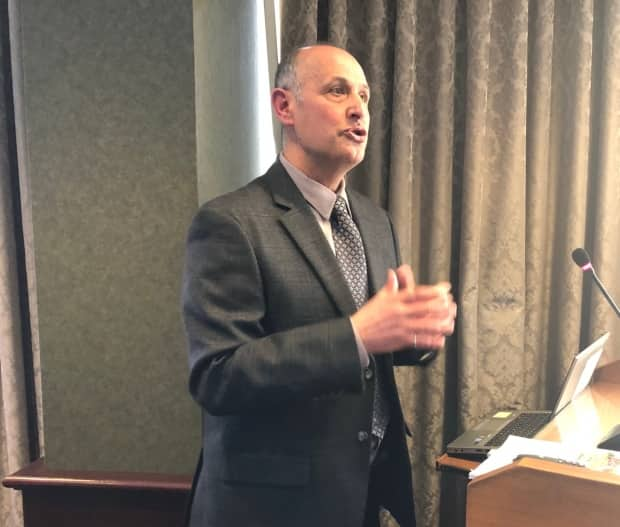City of Saint John unveils plan to get rid of its carbon-emitting vehicles

The City of Saint John is putting a plan in place to get rid of combustion-engined vehicles in its fleet by 2040.
The plan aims to replace all its carbon-emitting vehicles with either battery electric or hydrogen fuel cell vehicles, including Saint John Transit buses.
Samir Yammine, manager of asset and energy management with the city, said the plan has built-in flexibility.
"We are very excited about this project," Yammine told Information Morning Saint John. "I mean, staff worked very hard on it. There was a lot of consultation in it, and we want to make sure this road map is dynamic because things are changing, technology is moving and policy is changing."

The city began the process a few years ago by trying to change habits of city employees.
Ian Fogan, Saint John's director of transit and fleet, said the city has already implemented a "no idling" policy and impressed upon employees the importance of keeping to the shortest possible route when driving.
He said the goal of the road map is to be carbon neutral in 2040.
Phase one between now and 2025 will have modest goals, replacing the city's general purpose vehicles at the end of service life with electric vehicles and bringing in some hybrid vehicles for police use.
Yammine said the city will also run a pilot project to test electric buses for Saint John Transit.
There will also be pilots done with other electric equipment like garbage trucks and street sweepers.

The city will also be looking to access funding from other levels of government, Yammine said.
"Starting in 2025, we'll be more aggressive on implementing other electric vehicles, other buses," Yammine said.
It's expected the city will have a better idea of the kind of progress being made in electric and hydrogen-fuel technology by then.
"This will determine how we're going to move forward, whether it will be hydrogen cell or electric buses," he said.
Fogan said vehicles will be replaced over a number of years.
"This plan doesn't call for us to replace any vehicle early. We are still going to replace vehicles when they're due, at the end of their life cycle," Fogan said.
It is expected the last greenhouse gas-emitting vehicle should be phased out of city service in 14 years, if the proposed schedule can be maintained.
The plan was presented to Saint John city council this week, and got a glowing response from councillors.
"And for one of the first times since I've been on council, this is when people are going to be looking at us for best practices," Coun. David Hickey said.
"This is incredibly exciting. You know, in my rough math, by the time the public give us the boot in the next election, half of our transit fleet is going to be electric and something like 40 per cent of our regular fleet is going to be electric.
"That's huge."

But there's a lot to be done to reach even that goal.
Saint John Energy will have to make changes to its electrical infrastructure, which would include installing enough charging sites to run an electric fleet.
"Let's not kid ourselves, it's challenging," Yammine told council.
If successful, it's predicted the city will reduce its fleet greenhouse gas emissions by 51 per cent over the next 19 years.
The city should also see financial savings of about five per cent over replacing the fleet with combustion-engined vehicles.
That could become bigger savings if oil prices remain higher.
The cost of replacing the entire fleet with battery electric vehicles is expected to be just under $214 million over the next two decades, but that would be about $12 million cheaper than replacing old vehicles with gas-powered equipment.
But Fogan said there are many variables that could change the road map in the future.
"The lessons learned right now may not be the lessons we learn five years from now."


